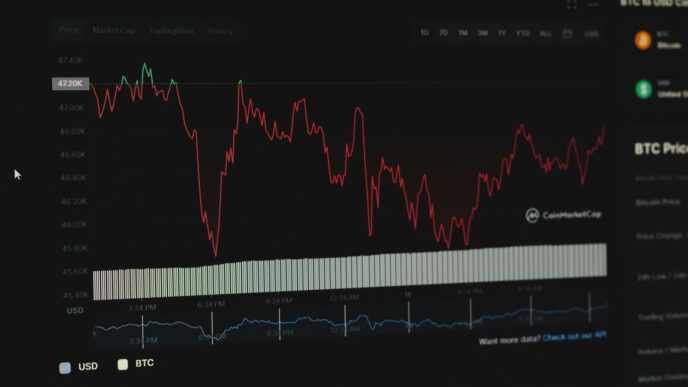On April 4, 2025, Federal Reserve Governor Michael S. Barr delivered a speech focusing on the integration of generative artificial intelligence (Gen AI) in the banking sector. He emphasized the importance of responsible innovation, a key factor that will shape the future of banking. The potential acceleration of AI adoption through bank-fintech partnerships has significant implications. One company that is standing above the rest is interface.ai, which specializes in AI-driven banking solutions. Understanding the balance is crucial to delivering value-driven services that align with regulatory expectations and industry ends.
The Role of interface.ai
As a leading provider of AI solutions for financial institutions, interface.ai is well-positioned to assist banks in navigating the complex landscape of AI integration. By offering a suite of tools that enhance customer engagement, automate routine tasks, and improve operational efficiency, interface.ai can help banks realize the benefits of AI while adhering to regulatory expectations. These tools include AI-powered chatbots for customer service, fraud detection systems, and data analytics platforms for decision-making processes.
Furthermore, interface.ai’s commitment to responsible deployment aligns with Governor Barr’s call for intentional and ethical use of technology. By focusing on transparency, security, and human-centric design, interface.ai can support banks in building trust with customers and regulators.
The Rise of Gen AI in Banking
Governor Barr highlighted the transformative potential of Gen AI in banking, noting its ability to enhance productivity and customer service. He pointed out that while AI offers numerous benefits, it also presents challenges that require careful management.
Barr advocated for financial institutions to invest in understanding AI technologies, incorporate them into workflows, and ensure staff are trained to use these tools effectively. Supporting this view, a study by IBM revealed that only 8% of banks were systemically developing Gen AI in 2024, with 78% taking a more tactical approach.
He also highlighted the need for regulatory bodies to remain agile and flexible, adapting to the evolving landscape of AI in finance. This includes implementing safeguards against misuse, establishing standards for secure AI system development, and fostering collaboration between governments, private industry, and research institutions.
The Promise of AI in Banking
AI’s integration into banking operations is accelerating. According to a report by Citi, AI is projected to boost banking sector profits by an estimated $170 billion over the next five years, potentially reaching nearly $1,992 billion by 2028. This growth is driven by AI’s ability to enhance customer service, streamline operations, and improve decision-making processes, painting a promising picture for the future of banking.
For instance, AI-powered chatbots have reduced the need for human intervention in 80% of routine customer queries, allowing bank personnel to focus on more complex tasks. Moreover, AI-driven fraud detection systems saved banks an estimated $217 billion globally in 2023, which is expected to grow.
Challenges and Considerations
Challenges persist despite AI’s benefits. A significant concern is the potential for job displacement, with a report by Citi noting that 54% of banking jobs are highly susceptible to AI-led automation. Additionally, another 12% of banking jobs could be potentially augmented by AI.
Moreover, the adoption of AI in banking is uneven, with only 6% of retail banks prepared to implement AI extensively. This apprehension stems from job losses, regulatory concerns, and institutional inertia, highlighting the need for comprehensive strategies that address technological integration and organizational change management.














